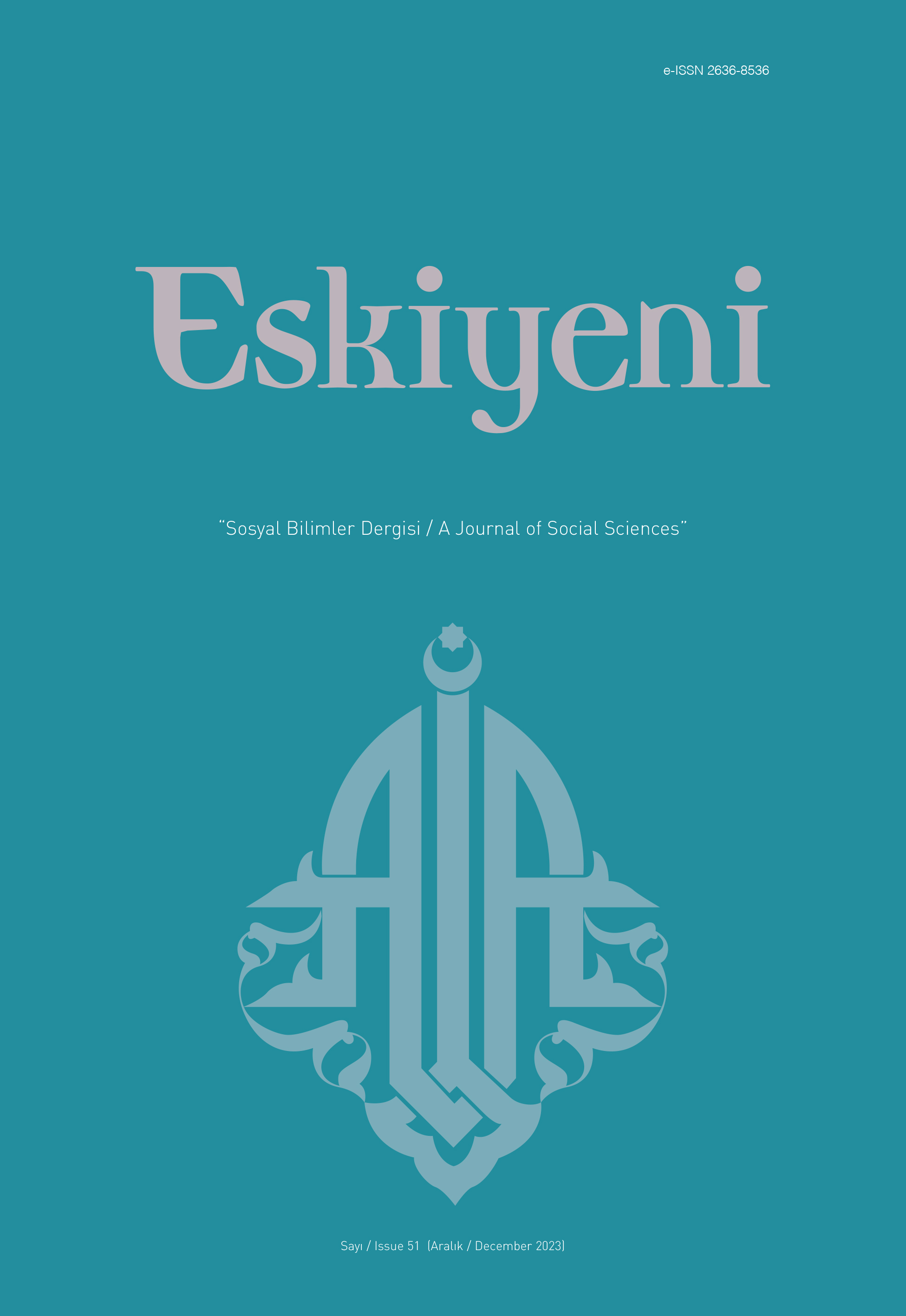Muallim Naci’ de Ahlak Eğitimi: Mekteb-i Edeb Adlı Eser Üzerine Bir İnceleme
Moral Education in Muallim Nāci: A Study on the Work Called Mekteb-i Edeb
Author(s): Salih AybeySubject(s): Ethics / Practical Philosophy, Islam studies, School education
Published by: Anadolu İlahiyat Akademisi
Keywords: Religious Education; Muallim Nāci; Moral Education; Mekteb-i Edeb; Morality;
Summary/Abstract: Muallim Nāci is one of the essential personalities of the Tanzimat period. In addition to translation, criticism and dictionary works, he also carried out of studies in religious and moral fields. Nâci lived in a period when administrative and social degenerations began, consequently, there were some problems and moral collapse in the Ottoman Empire. Like some scholars who attributed the destruction of the state to moral deterioration and attempted to write moral books, Nāci also prepared a work on moral education, including moral values that is called Mekteb-i Edeb. In Mekteb-i Edeb, which was written in the context of moral education, the moral values that the individual should have as well as the behaviors that should be avoided are also included. Verses, hadīts, sections from the companions’ life, poems, stories, exemplary words, and examples had supported the topics in the work. In this work, which was reviewed, corrected and prepared for publication by Muallim Nāci and was very popular in his time, it is seen that Nāci presents the views associated with moral education in a certain systematic framework. This organized structure presented in the work also includes many teaching principles and methods that remain valid from the period the work was written until today. It was aimed with this study to evaluate Mekteb-i Edeb, which has been taught in schools as a moral book for many years, in the context of moral education and to reveal what contributions it can make to today’s moral education. It has been seen that many moral values are discussed in the work with teaching methods such as narration, question-answer, investigation and some teaching principles and methods used today. The work, which was examined with the content analysis technique within the qualitative research method, reveals the historical experience in a masterfully and simply. As a result of examining the work, which consists of two parts, conclusions were reached regarding which moral principles were addressed and with what method. It has been seen that the work sheds light on today and tomorrow, as well as yesterday, and is an essential work in moral education.
Journal: Eskiyeni
- Issue Year: 2023
- Issue No: 51
- Page Range: 1147-1174
- Page Count: 28
- Language: Turkish

